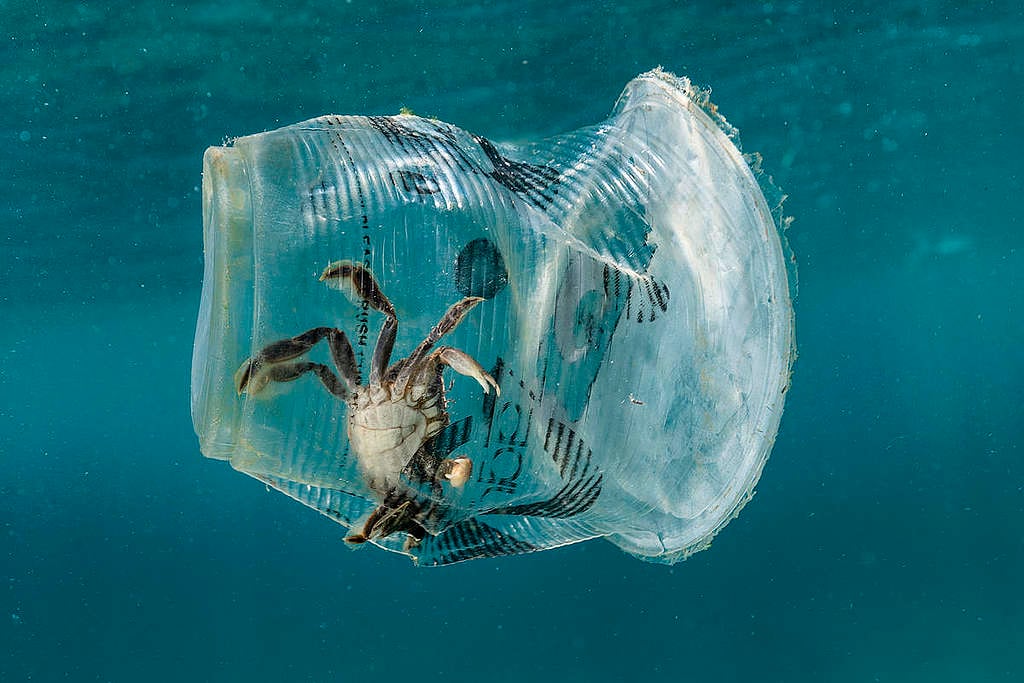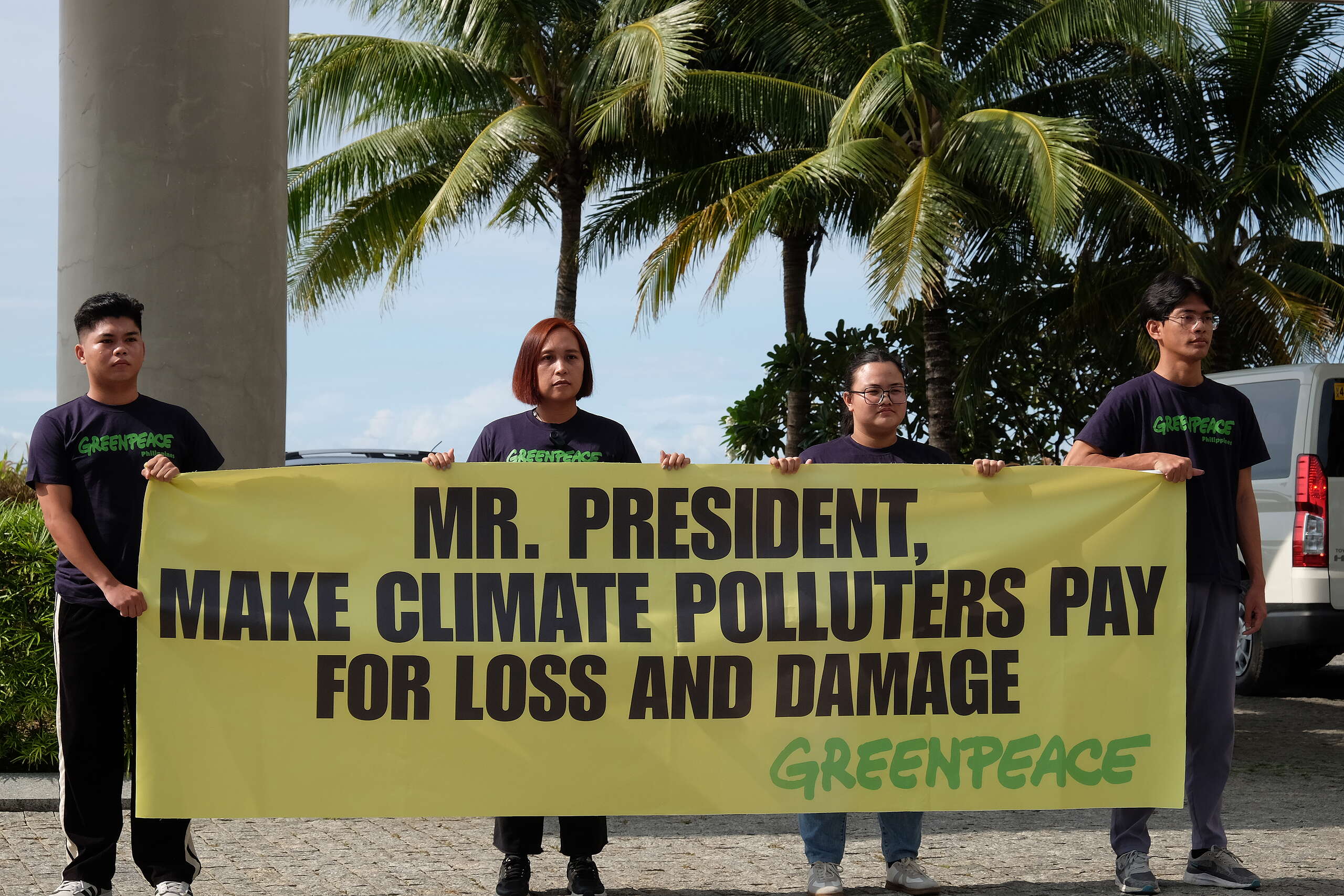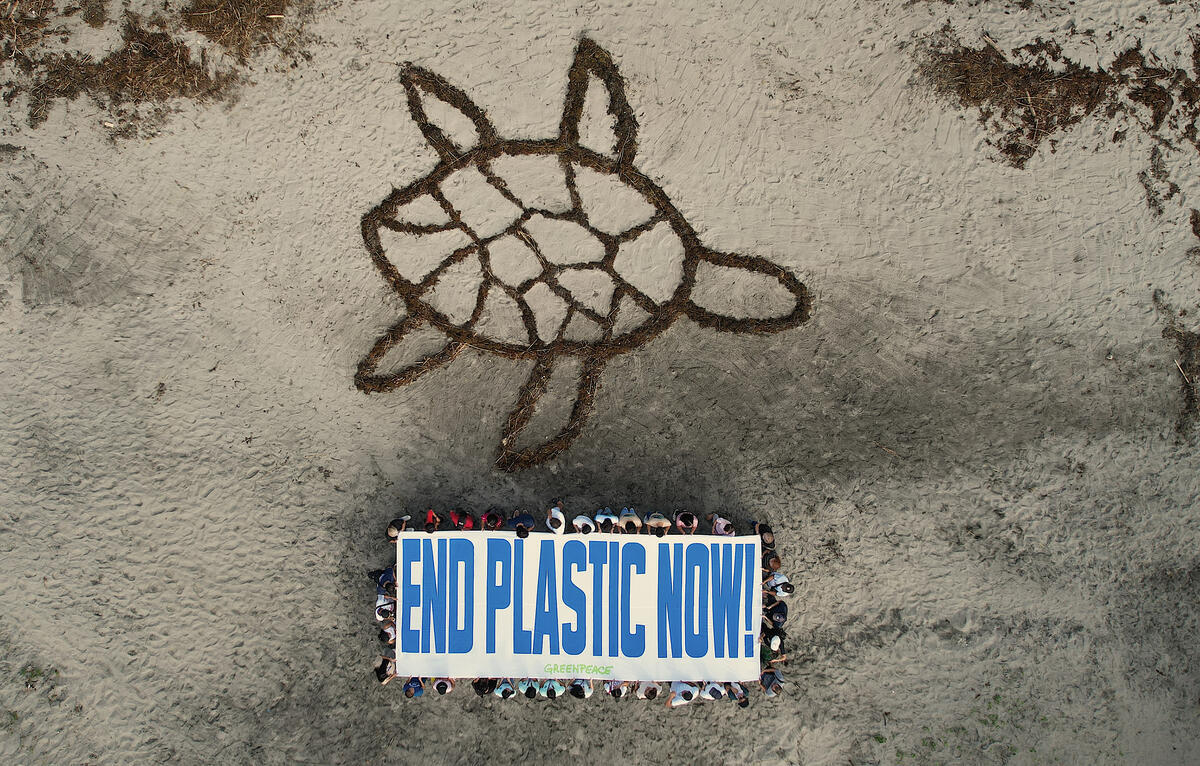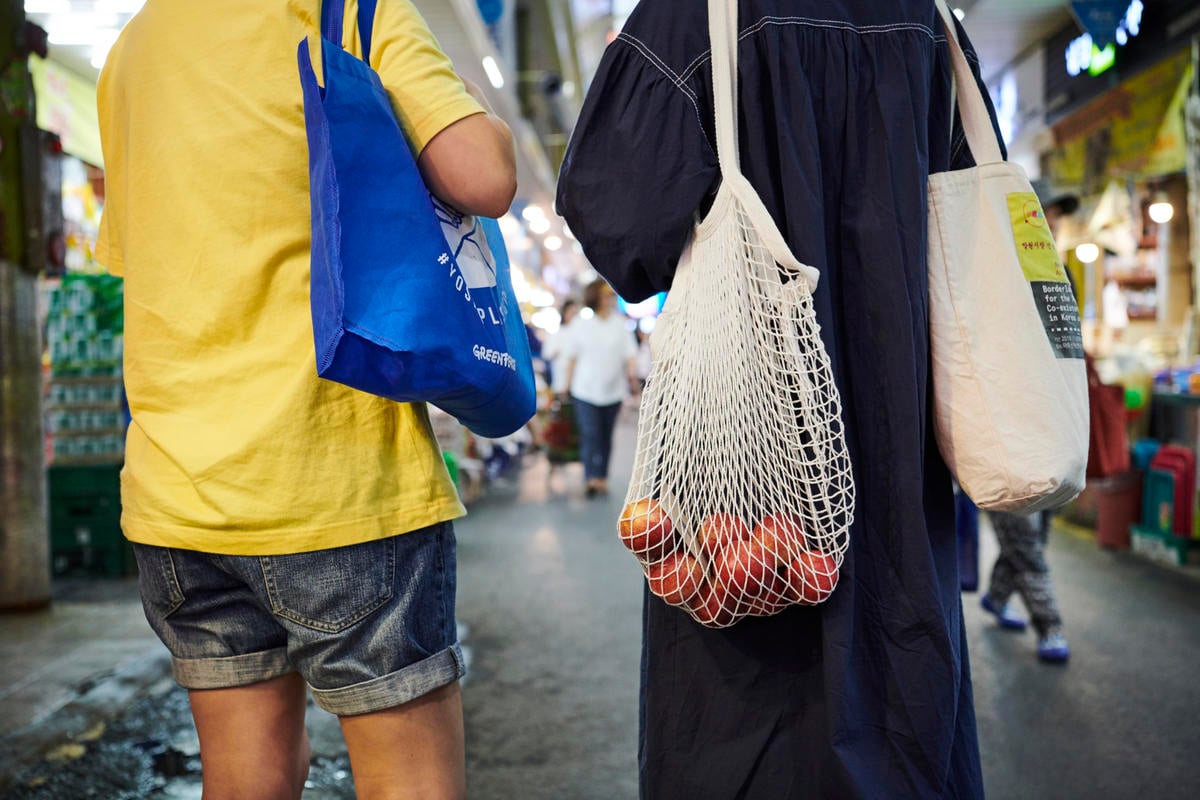Quezon City, Philippines — Coca-Cola, Nestlé, and PepsiCo, are most identified in brand audits for the second year in a row,, according to global brand audits detailed in the report “BRANDED Volume II: Identifying the World’s Top Corporate Plastic Polluters.”
Four hundred and eighty-four cleanups in over 50 countries and six continents, organised in September by the Break Free From Plastic movement, identified the top polluting companies. The rest of the companies rounding out the top 10 polluters are Mondelēz International, Unilever, Mars, P&G, Colgate-Palmolive, Phillip Morris, and Perfetti Van Melle.
#Breakfreefromplastic member organizations in the Philippines, namely GAIA Asia Pacific, Mother Earth Foundation, Greenpeace Philippines, Ecowaste Coalition, and Healthcare Without Harm Asia, made the announcement today during a press briefing in Quezon City.
“This report provides more evidence that corporations urgently need to do more to address the plastic pollution crisis they’ve created. Their continued reliance on single-use plastic packaging translates to pumping more throwaway plastic into the environment. Recycling is not going to solve this problem. Break Free From Plastic’s nearly 1,800 member organizations are calling on corporations to urgently reduce their production of single-use plastic and find innovative solutions focused on alternative delivery systems that do not create pollution,” said Von Hernandez, global coordinator of the Break Free From Plastic movement.
This year’s top three polluters have offered mostly false solutions to the plastics crisis, underscoring how important it is for voices from beyond the consumer goods sector to demand accountability and call for an end to single-use plastics. The list of top polluters is again filled with some of the world’s most commonly known brands.
“Recent commitments by corporations like Coca-Cola, Nestlé, and PepsiCo to address the crisis unfortunately continue to rely on false solutions like replacing plastic with paper or bioplastics, and relying more heavily on a broken global recycling system. These strategies largely protect the outdated throwaway business model that caused the plastic pollution crisis, and will do nothing to prevent these brands from being named the top polluters again in the future,” said Abigail Aguilar, Greenpeace Southeast Asia plastic campaign coordinator.
“The products and packaging that these corporate plastic polluters are churning out are turning our recycling system into garbage. China has effectively banned waste imports from the US and other countries for ‘recycling.’ Other receiving countries are trying to follow China’s lead, but these plastics are just instead sent to incinerators in other places around the world with either more lax laws or less capability for monitoring and implementation, exposing their communities to toxic pollution. We must continue to expose these real culprits and stop the plastic crisis from the source,” said Beau Baconguis, Regional Plastic Campaigner of GAIA Asia Pacific.
The report also found that sachets or smaller plastic packaging aimed at reaching lower income brackets in developing countries is the second most common type of item found (53,369) next to plastic bags. The Philippines, along with other Southeast Asian countries, are reeling from the impacts of plastic pollution brought about by the influx of products wrapped in sachets. In a report released last March, GAIA Asia Pacific revealed that Filipinos use more than 163 million plastic sachet packets daily.
“These corporations have been inundating Global South markets with sachets or small packets that take advantage of families with low disposable incomes. They make huge profits from these throwaway packaging with very little actual product for the amount consumers pay. They have replaced our tingi culture (refills in small reused containers) with plastic sachets, and leave our communities to deal with their trash. Developing countries like the Philippines are not ‘the world’s biggest polluters,’ rather, we are ‘the most polluted’ by these companies!” added Aileen Lucero, National Coordinator of Ecowaste Coalition.
For Sonia Mendoza, chairman of Mother Earth Foundation Philippines (MEF), annual results of brand audits are consistent with Waste Assessments and Brand Audit (WABA) findings of organizations like MEF who are working with communities in implementing Zero Waste Cities projects. “Consistent with the results of Freedom Island Brand Audit in 2017 and our Zero Waste Cities waste and brand audits, the same companies that are polluting our oceans are the same companies polluting our land. Their single-use plastic packaging, which can neither be recycled nor composted, represent the biggest stumbling block to achieving Zero Waste,” said Mendoza.
Notes to Editor:
- BRANDED Volume II: Identifying the World’s Top Corporate Plastic Polluters. (2019)
- 2018 Brand audit report: Branded: In Search of the World’s Top Corporate Plastic Polluters, volume 1 (2018)
- A Greenpeace USA report titled Throwing Away the Future: How Companies Still Have It Wrong on Plastic Pollution “Solutions,” recently called out companies for opting for false solutions.
- A GAIA Asia Pacific report titled Plastics Exposed: How Waste Assessments and Brand Audits are Helping Philippine Cities Fight Plastic Pollution, uses data from household waste assessments and brand audits (WABA) conducted by (MEF) in six cities and seven municipalities across the country in the past five years. GAIA extrapolated the data to calculate daily and yearly plastic usage throughout the country in order to provide new quantitative evidence about plastic pollution in the Philippines.
Media Contacts:
Jed Alegado, Break Free From Plastic Asia Pacific Communications Office:
[email protected], +63 917 607 0248
Angeli Cantillana, Communications Campaigner, Greenpeace Southeast Asia – Philippines
[email protected], +63 998 595 9733

Our coastlines are among the most impacted by plastic pollution in the world. Be part of the solutions!
TAKE ACTION


